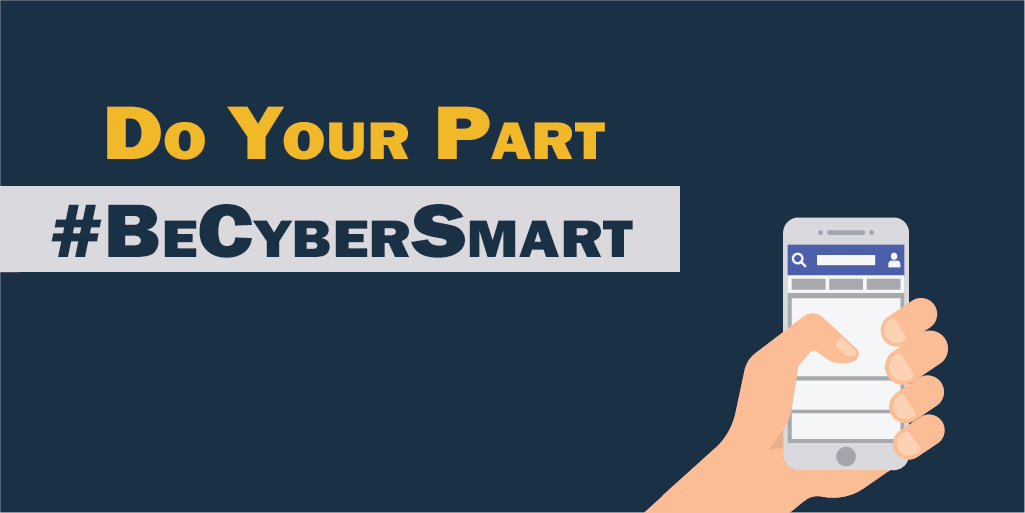Phishing Scams
Phishing scams are emails that try to trick you into giving your personal information, like passwords or credit card numbers. Falling for a phishing scam can provide unlawful access to sensitive information and cost the university greatly.
Because of the serious nature and potentially costly risk to our campus community that security breaches may cause, failure to abide by information security policies and best practices could result in disciplinary action up to and including termination of your employment.
How can I identify a phishing scheme?
When looking at an email, check for a few warning signs:
- Check the domain name and always be wary of unusual sources. If an email claims to come from an internal source, check to make sure it ends in the appropriate domain. A UM System notification would not come from an email ending in т.orgт or т.com,т but rather from a domain associated with the system.
- Only visit trusted links. To review the link youтre about to click, hover your mouse over hyperlinks (without clicking the link) to display the address of the page behind the link. Make sure the link URL directs to the page the email is indicating rather than an illegitimate site.
In short, never reply or click on a link in a message that asks for personal or log-in information, and report then delete suspicious messages immediately.
What do I do if I receive a suspicious email?
Email phishing scams or other suspicious emails you receive to abuse@missouri.edu, or your university cybersecurity email, as . Do not forward the email or important information will be lost. Security specialists monitor this mailbox and work to block access to phishing sites and email addresses. If you are concerned about your account, contact the organization in the email using a telephone number that you know to be legitimate.
Spam or Junk Email
Spam, or junk email, is unsolicited email that tries to sell you something. АФУХСљКЯВЪЙйЭјПЊНБ 90% of the email we receive is filtered as spam and removed before it makes it to your mailbox. However, we canтt block it all without the risk that some valid emails will be blocked too.
What can I do about spam?
Email spam you receive to spam@missouri.edu as an . Do not forward the email or important information will be lost. We monitor this mailbox to help improve the performance of our spam filtering. Tech Support is available to assist you. Take advantage of phone 573.882.5000), Live Chat! from the DoIT homepage, or walk-up assistance in The Mizzou Store.
Use junk email filtering
Junk email filtering is available to all University email users on an тopt-inт basis. Junk email filtering does not block junk email, but delivers it to a special folder in your mailbox. This allows you to periodically check the junk email folder for messages that may be spam. The KnowledgeBase article describes the steps needed to enable this feature.
Final Tips
Can't tell if the email is spam or phishing?
When in doubt, to spam@missouri.edu or your university spam email and we will take care of it.
Missing Emails?
If you suspect legitimate emails have been blocked by our spam filters, please contact your campus/division/departmental to request an email address be placed on the .
Reviewed 2020-11-17
